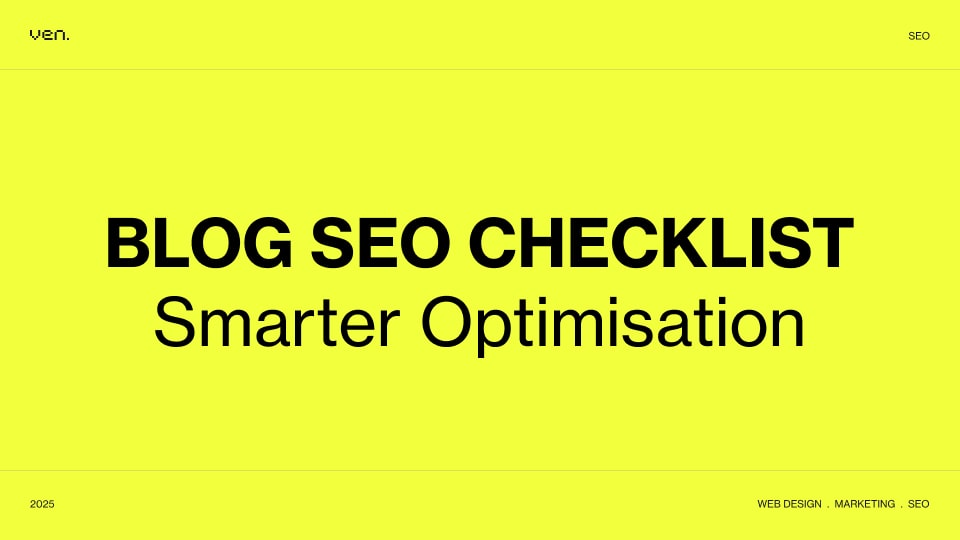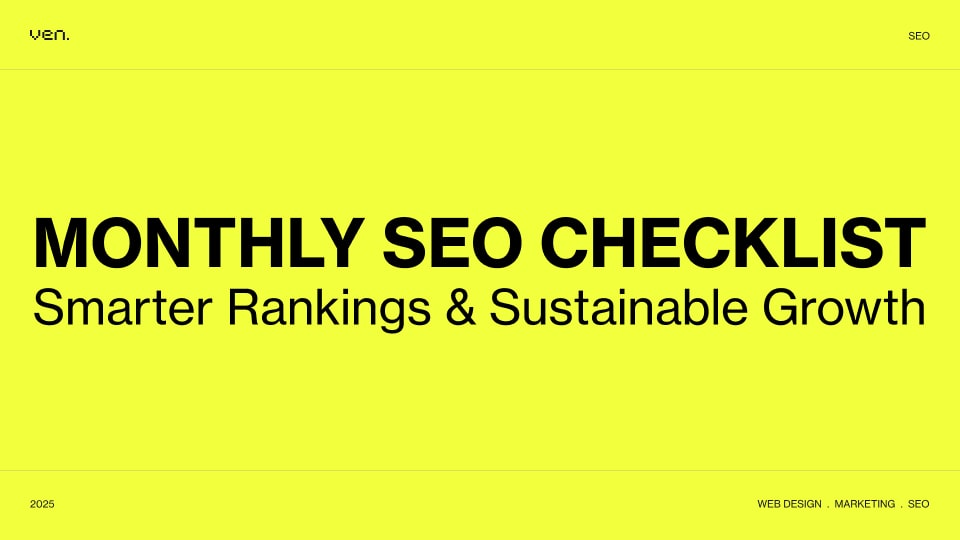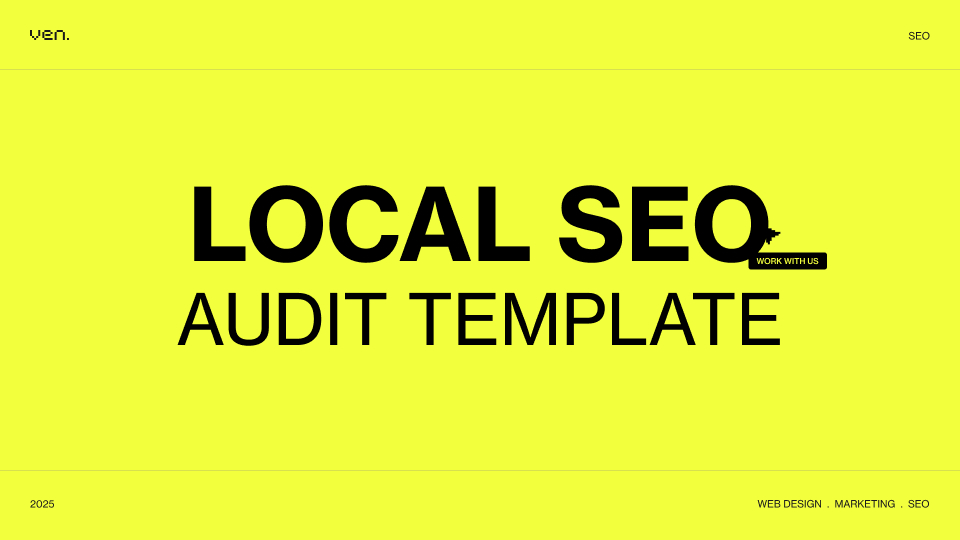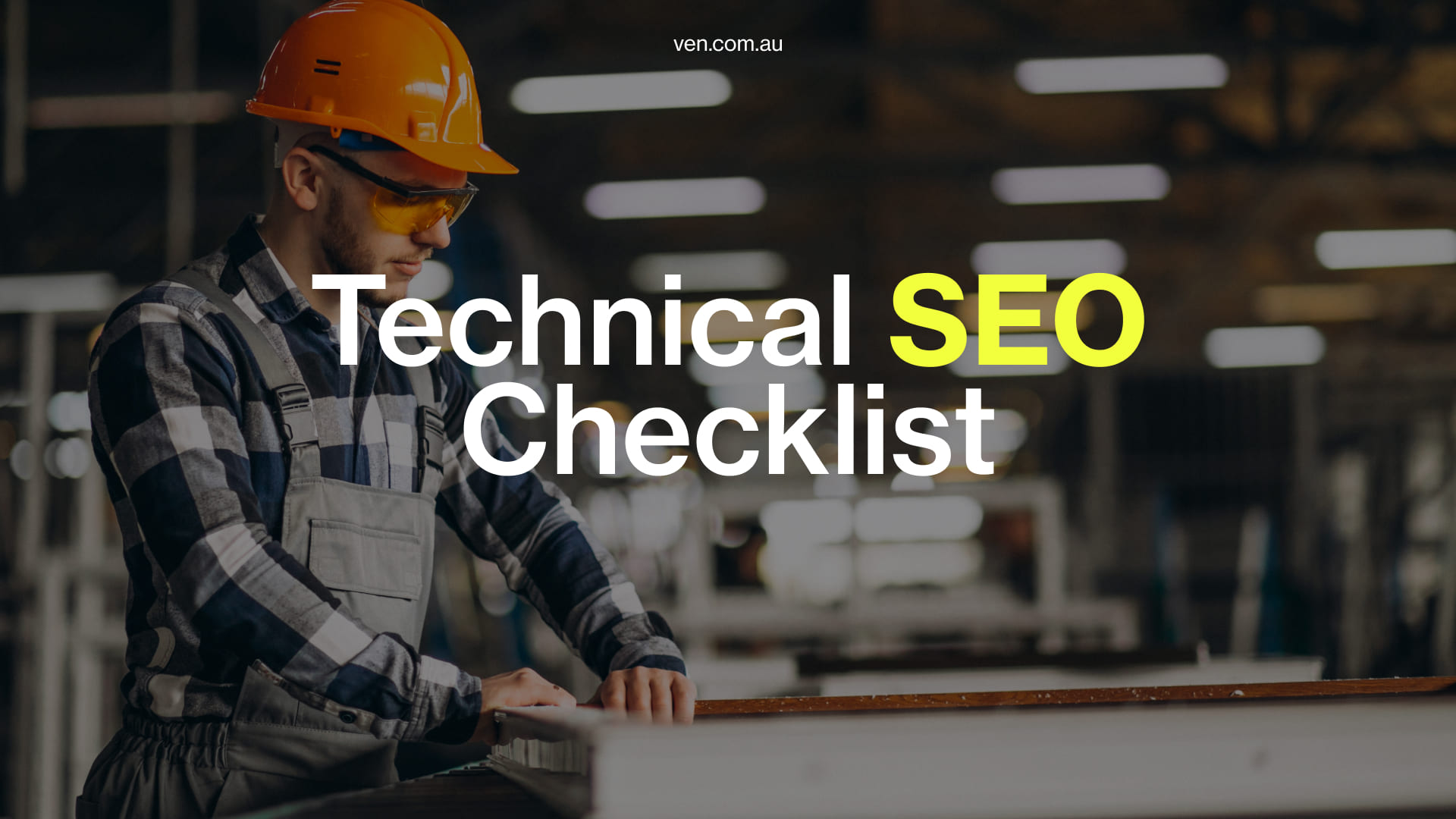Remember when ranking on Google just meant stuffing a few keywords into your website and calling it a day? For Melbourne small business owners, those simple days are long gone – and the future of SEO is looking increasingly AI-driven.
By 2025, artificial intelligence won’t just be a fancy buzzword – it’ll be the backbone of how small businesses compete online. But what does this actually mean for your corner café in Brunswick, your boutique clothing store in Chapel Street, or your professional services firm in the CBD?
Let’s cut through the tech jargon and explore how AI is reshaping SEO for small businesses, what you need to know to stay competitive, and practical ways to adapt without needing a computer science degree or the budget of the big corporates.
The Fragmentation of Search: A New Digital Ecosystem
Remember when “Googling it” was the only way people found information online? Those days are rapidly fading into the rearview mirror. Today’s digital natives are just as likely to ask questions on TikTok, search directly on Amazon, or ping ChatGPT as they are to use traditional search engines.
According to research by IIH Nordic, users are increasingly splitting their search activities across multiple platforms, including:
- AI chatbots and assistants
- Social media platforms
- E-commerce marketplaces
- Specialised apps
- Voice search devices

The way people search for information is fundamentally changing. Search is becoming fragmented across multiple platforms, with each serving different user needs and intentions.
What does this mean for your small business in Melbourne? Simply focusing on Google rankings won’t cut it anymore. You need to think about your visibility across the entire digital ecosystem.
Think about it – when a tourist is looking for the “best coffee in Melbourne,” are they typing that into Google, asking their hotel’s AI concierge, or scrolling through Instagram hashtags? Probably all three. Your SEO strategy needs to address this fragmentation.
Google’s SGE: Reshaping the Search Experience
If you’ve been following Google’s updates (or just searching online lately), you might have noticed something different about search results. Google’s Search Generative Experience (SGE) – their answer to ChatGPT – is changing how information appears when you search.
Instead of just showing you links, Google is increasingly providing direct answers at the top of search results. It’s like having a conversation rather than hunting through websites.
Google is accelerating the development of its Search Generative Experience (SGE) in response to AI technologies like ChatGPT. This shift is expected to reduce clicks on informational keywords as zero-click searches become more prevalent.
For Melbourne small businesses, this presents both challenges and opportunities:
- Challenge: Fewer people are clicking through to websites for basic information
- Opportunity: Optimizing content to appear in these AI-generated summaries can increase visibility
Let’s be honest – when you’re searching for “trading hours for Queen Victoria Market” or “best time to visit Brighton Beach,” you don’t want to click through five websites. You just want the answer. Google knows this, and they’re reshaping search accordingly.
The question is: how do you make sure your small business information appears in these AI-generated summaries? The answer lies in structured data, clear content organization, and establishing topical authority – all elements that AI can help you optimize.
AI-Generated Content & SEO: The New Normal?
“Is this written by AI or a human?” That distinction is becoming increasingly blurry – and from Google’s perspective, it might not matter much anymore.
According to Semrush’s recent trends report, “Google no longer differentiates between AI-generated and human-created content, provided it is effective and helpful to users.” This marks a significant shift in how content is evaluated for search rankings.
What does this mean for your Melbourne small business?
AI tools can help you create more content, more efficiently. But that doesn’t mean you should just generate and publish without thought. The key qualifier here is “effective and helpful” – AI-generated content that doesn’t truly serve your audience will still perform poorly.
Think of AI as your content assistant, not your replacement. For example, if you run a financial advisory firm in Collins Street, AI can help draft explanations of complex superannuation rules, but you’ll still need to review and add your professional expertise and local context.
Some practical ways Melbourne businesses are using AI for content creation:
- Generating first drafts of blog posts and service descriptions
- Creating location-specific content variations for different Melbourne suburbs
- Translating content for Melbourne’s diverse multicultural communities
- Maintaining consistent posting schedules across all channels
Remember, the goal isn’t just to produce content – it’s to produce valuable content that resonates with your local audience and establishes your authority.
Brand Authority and E-E-A-T: The Pillars of Trust in the AI Era
With the rise of AI-generated content, how do search engines determine which sources to trust? The answer lies in what Google calls E-E-A-T: Experience, Expertise, Authoritativeness, and Trustworthiness.
As content becomes easier to produce with AI tools, search engines are placing greater emphasis on brand authority within specific niches. According to Moz, “this focus on expertise and trustworthiness will be crucial for ranking well in search results.”

For Melbourne small businesses, this means you can’t just compete on content volume – you need to establish yourself as a trusted voice in your field. This is especially important for businesses in what Google considers “Your Money or Your Life” (YMYL) industries like healthcare, finance, and legal services.
How do you build this authority as a small business?
- Highlight your local experience: Been serving Melbourne’s western suburbs for 20 years? Make that clear on your site.
- Showcase real credentials: Professional certifications, industry awards, and educational backgrounds all matter.
- Gather authentic reviews: Encourage satisfied customers to share their experiences on Google Business Profile and industry platforms.
As one Melbourne accounting firm owner put it: “Our national competitors can outspend us on content creation, but they can’t match our 30 years of experience with local businesses and understanding of Victoria’s business environment.”
In the AI era, this authentic expertise becomes your competitive advantage.
AI Tools: Empowering SEO Professionals
If you’ve been working with SEO professionals, you’ve probably noticed they’re increasingly using AI tools in their work. This isn’t just a trend – it’s transforming the entire industry.
According to a survey by Semrush, over 67% of SEO experts are now utilizing AI tools in their workflows. These tools are changing how SEO professionals approach strategy and execution.
Some of the most impactful AI applications in SEO include:
- Advanced keyword research: AI can identify semantic relationships between keywords and topics that human researchers might miss
- Content optimization: Tools can analyze top-performing content and suggest improvements to your existing material
- Technical SEO audits: AI can quickly identify technical issues across large websites
- Competitor analysis: Automated tools can track competitor strategies across multiple channels
- Performance prediction: Some advanced tools can forecast how content changes might impact rankings
For Melbourne small businesses, this technological shift means you can access sophisticated SEO capabilities that were previously available only to enterprises with large budgets.
A Melbourne digital marketing consultant notes: “We’re using AI tools to give our small business clients the same level of SEO insights that were once only available to corporations with dedicated analytics teams. The playing field is leveling.”
How Can Small Businesses Adapt to These AI Trends?
So what concrete steps can your Melbourne small business take to harness AI for SEO success? Let’s break it down into actionable strategies:
Build Your Brand Authority and E-E-A-T
Becoming a thought leader in your niche isn’t just good for your ego – it’s essential for SEO in the AI era.
- Create content that demonstrates your specific expertise, especially on Melbourne-specific topics
- Participate in local industry events and webinars (and make sure these appearances are documented online)
- Develop case studies featuring real local clients (with permission)
- Contribute guest articles to respected publications in your industry
- Showcase your team’s credentials and experience prominently on your website
A Prahran-based interior designer who implemented this approach shared: “When we started publishing detailed case studies of our Melbourne home renovations with before-and-after photos and specific design challenges, our organic traffic increased by 43% within six months.”
Leverage AI-Powered Keyword Research & Semantic SEO
Modern keyword research goes far beyond simple search volumes:
- Use AI tools to identify clusters of related topics relevant to your Melbourne audience
- Research questions your potential customers are asking about your products or services
- Map content to different stages of the customer journey
- Identify seasonal trends specific to Melbourne (like search patterns during major events like the Melbourne Cup or Australian Open)
- Analyze competitor content gaps that you can fill
“We discovered through AI-powered keyword research that people weren’t just searching for ‘Melbourne accountant’ but asking very specific questions about Victoria’s payroll tax and land tax rules,” explains a CBD accounting firm owner. “Creating content around these specific topics brought in much more qualified leads.”
Apply AI in Content Development and Optimization
The key to effective AI content is maintaining the perfect balance:
- Use AI to generate first drafts but edit them to reflect your brand voice and local knowledge
- Enhance AI-generated content with personal stories, case studies, and Melbourne-specific insights
- Create content templates that AI can populate with fresh information
- Regularly audit and update existing content using AI optimization suggestions
- Ensure all content passes human review before publishing
As one Brighton café owner discovered: “We used AI to help create descriptions of our seasonal menu items, but always added our chef’s personal notes about sourcing ingredients from Queen Victoria Market and South Melbourne Market. That local touch made all the difference.”
Utilize AI for On-Page & Technical SEO
Technical SEO can be intimidating for small businesses, but AI tools make it more accessible:
- Implement structured data markup with AI assistance to improve how your business appears in search
- Use AI-powered site audits to identify technical issues affecting performance
- Optimize page speed based on AI recommendations
- Generate and optimize meta descriptions at scale
- Create and maintain XML sitemaps automatically
A Richmond retail shop owner recalls: “We were intimidated by structured data markup until we found an AI tool that basically did it for us. Now our product ratings show up directly in Google search results, and we’ve seen a 28% increase in click-through rates.”
Conclusion
As we look toward 2025, it’s clear that AI isn’t just changing the SEO game – it’s rewriting the rulebook entirely. For Melbourne small businesses, this technological shift represents both challenge and opportunity.
The fragmentation of search, evolution of Google’s SGE, mainstreaming of AI-generated content, emphasis on E-E-A-T, and proliferation of AI SEO tools all point to a future where small businesses must adapt or risk digital invisibility.
The key is approaching AI not as a replacement for human expertise, but as an amplifier of it. Your knowledge of local Melbourne markets, your authentic community connections, and your specialized expertise remain your greatest assets – AI just helps you showcase them more effectively.
Are you ready to adapt? Contact us today!
References:
IIH Nordic. (2023). 5 SEO Trends in 2025: Artificial Intelligence, Search and the Future. Retrieved from https://iihnordic.com/news/5-seo-trends-in-2025-artificial-intelligence-search-and-the-future/
Semrush. (2023). SEO Trends 2023. Retrieved from https://www.semrush.com/blog/seo-trends/Moz. (2023). The Helpful Content Update: Not What You Think. Retrieved from https://moz.com/blog/helpful-content-update-not-what-you-think





